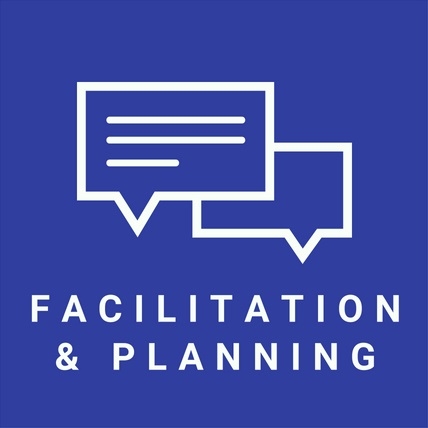Projects
CCBR typically has 15-20 ongoing projects and has completed over 500 projects since 1982. Each project is guided by our commitment to impacting social change in practical and powerful ways. We conduct research with people not on people, cultivating respect with communities at every step of the process.
Projects can be searched for using words from the project title or using the service area, theme, or date range for the project. You can also type 'Service Area' or 'Theme' into the search bar to get a list of options in each of these fields.
Projects
The Centre for Community Based Research collaborated with the KDE Hub to support the Youth Substance Use Prevention Program (YSUPP) by contributing its expertise in community-based research, capacity-building, and the development of training tools.
CCBR partnered with the youth, academic partners, and community organizations on the Art of Wellness Team to co-design a 5 year CIHR-funded CBR Team grant on capacity-building and knowledge sharing on arts-based STBBI prevention and sexual health promotion programming for youth.
CCBR conducted a literature review for PLEA Community Services Society of BC (PLEA) focused on best practices and existing research related to family caregiving for vulnerable adults, as well as the delivery of outreach and community-based support services by front-line staff.
Woolwich Community Health Centre (WCHC) contracted CCBR to collaboratively design and conduct an evaluation of their immunization program with Low German Mennonites in rural Woolwich and Wellesley Townships. The purpose of this summative evaluation was to assess the barriers and facilitators to vaccination uptake among immunized program participants and provide recommendations for future immunization programs and outreach.
CCBR in partnership with MACC led a 2.5-year project to explore ways to overcome the barriers for Muslim women (e.g., language, status, Islamophobia, health limitations, disabilities) in Halton region in (a) disclosing gender-based violence and (b) seeking support from formal services and informal networks (e.g., family, friends, and community leaders).
CCBR collaboratively designed and conducted a process and outcomes evaluation of the Substance Use Hub at the Inner City Family Health Team (ICFHT) clinic in Toronto. Through the Hub, patients have access to life-saving drugs, peer support, and a team of trained physicians, nurses, and support staff. The Hub also offers a safer supply program, to prevent overdose and other harms by decreasing reliance on the unpredictable, unregulated drug market.
The Centre for Community Based Research partnered with REACH Nexus on the project, Positive Actions: Breaking HIV Stigma to provide coaching, capacity-building, and consultation on e-learning module and workshop curriculum development. The national project aimed to develop, test, and scale HIV stigma reduction interventions regionally. CCBR developed an evaluation framework and supported in the evaluation of the Positive Action projects.
The Supporting Peer Work project is a community-guided research project that explores the employment experiences of peer workers in “low barrier” social service agencies in Toronto throughout the ongoing COVID-19 pandemic. The project aims to support agencies to break down structural barriers to equitable employment and learn from the transformative practices of workers with lived expertise.
Located at Parkdale Queen West Community Health Centre, the Trip! project is a youth-led harm reduction information service for the dance music scene and youth who use drugs. CCBR partnered with stakeholders to conduct a community-based evaluation that explored how well the program model aligned with:1) current drug using trends amongst youth; and 2) PQWCHC’s values, vision, & mission.
St Stephen’s Community House’s Crystal Methamphetamine (CM) Project is a peer-led, harm reduction project aimed at building the capacity of service providers and people who use crystal methamphetamine to respond to the rising use of CM and associated health and social issues. CCBR worked with lead evaluator, Dr. Gillian Kolla to design and co-moderate focus groups employing body-mapping methods for program participants.
In close collaboration with staff from the Alzheimer Society of Ontario (ASO), we conducted a province-wide evaluation of the accessibility and value of their First Link Care Navigation (FLCN) services to racialized, Indigenous and ethnically diverse service users (people living with dementia and care providers). Findings from the study were used to inform ASO’s ongoing efforts to close the gap in dementia support for racialized, Indigenous and ethnically diverse communities.
In partnership with Dr Zack Marshall (and his research partners, the Pacific AIDS Network), we co-designed participatory research to 1) document how the COVID-19 crisis was impacting the lives of peer researchers in HIV Community Based Research and 2) identify how to minimize the indirect consequences of the pandemic by highlighting key recommendations for academic researchers, staff working in HIV community-based organizations, and peer researhers themselves. Data collection included a series of arts-based, popular education informed virtual focus groups with peer researchers across Canada. Project recommendations were mobilized through established communities of practice.












